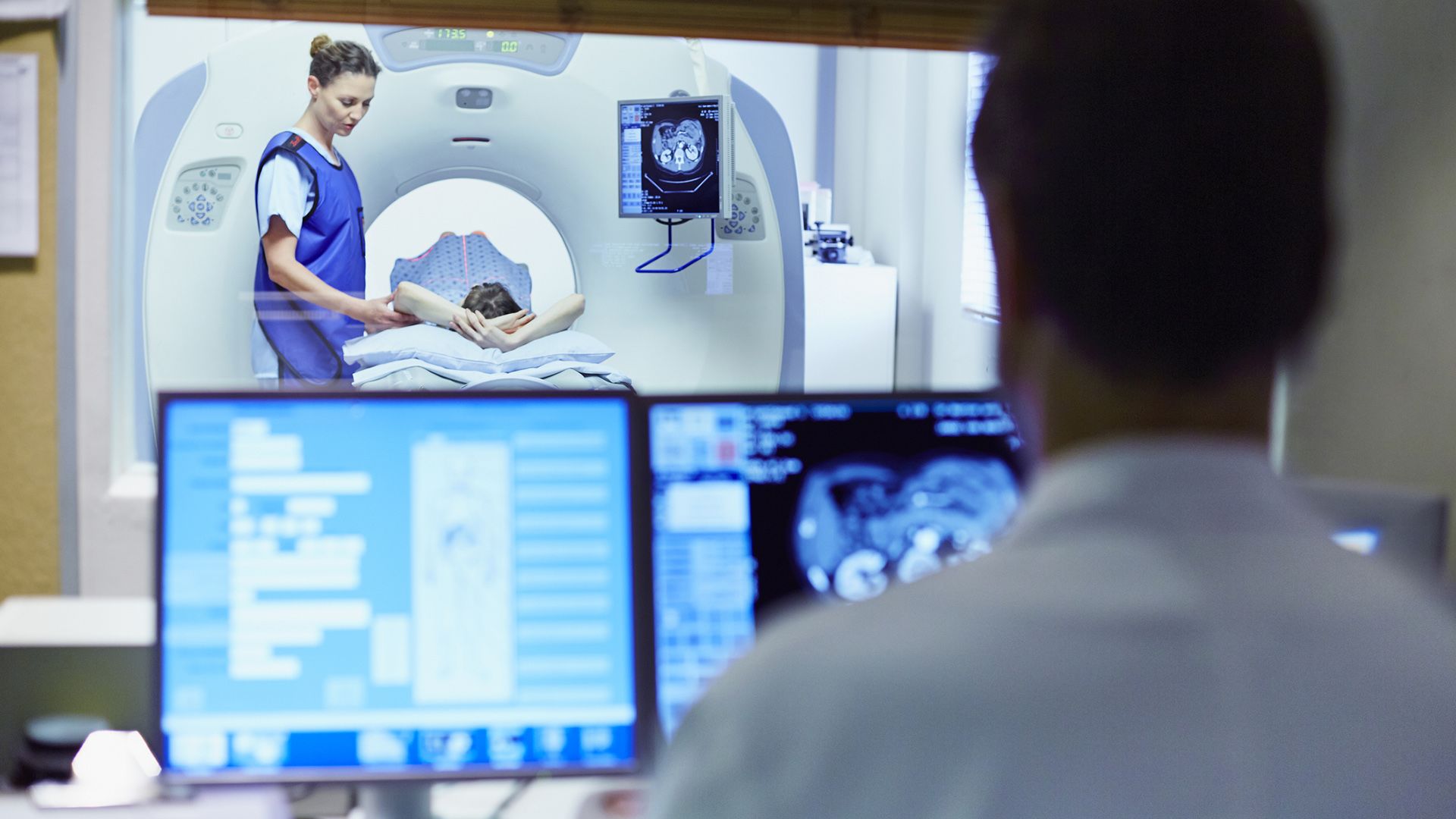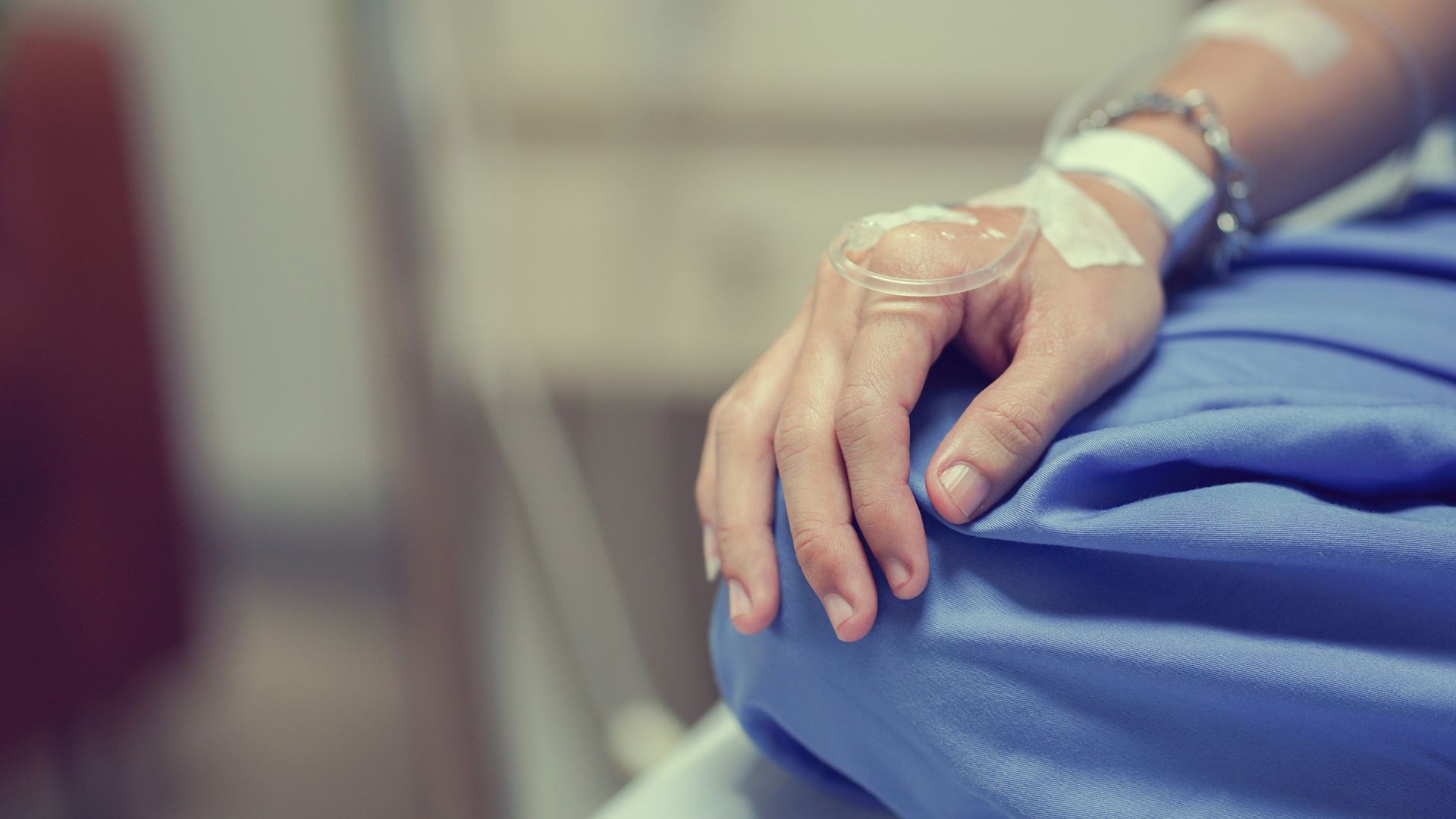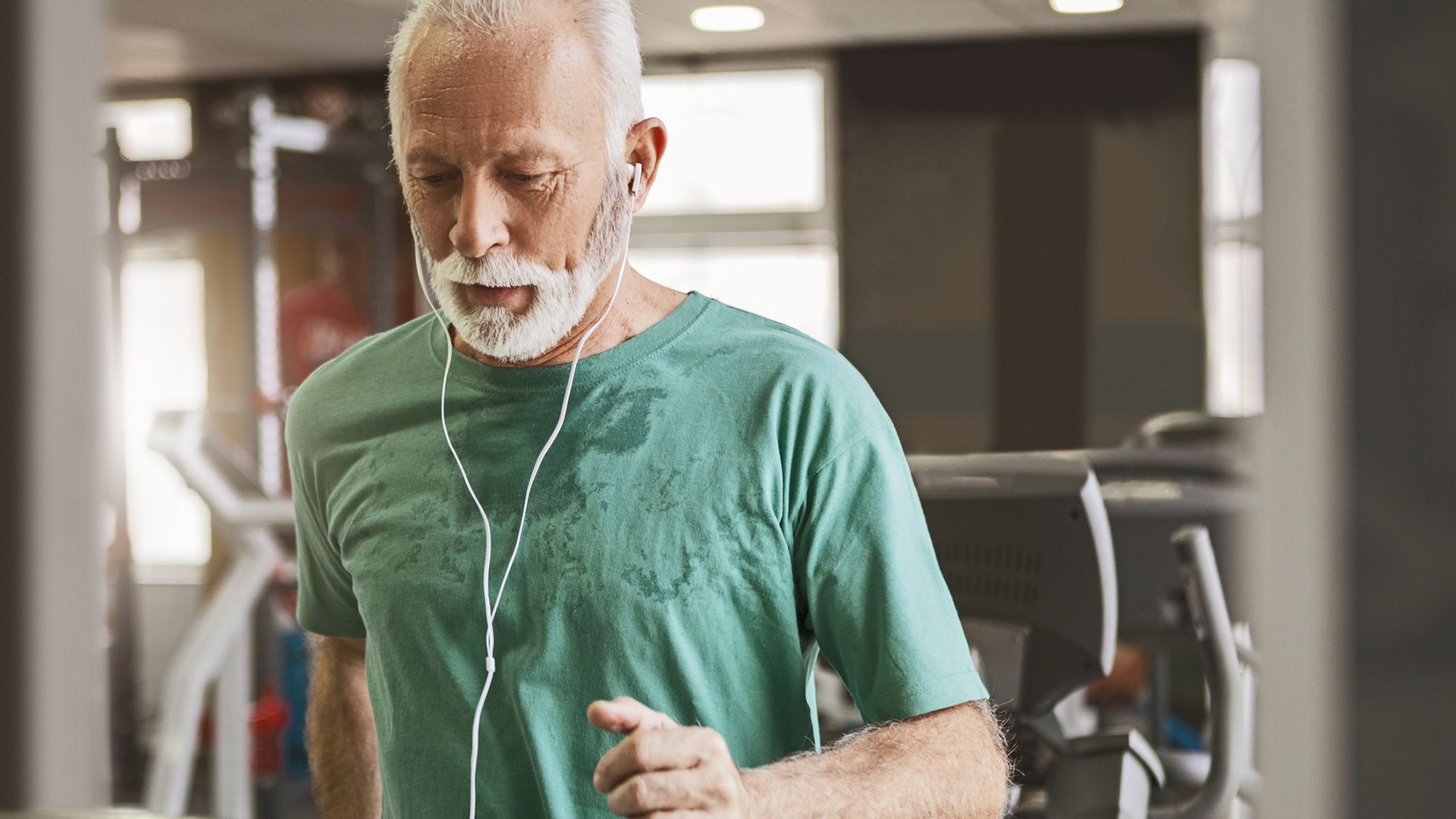The immune system is your body’s defenses against infections and disease, including cancer. It includes a number of cells, systems and organs. These include white blood cells, bone marrow, the lymphatic system (including the lymph fluid, vessels, ducts, and nodes), as well as the adenoids, spleen, tonsils, and thymus.
Immunotherapy is a category of cancer treatment that helps these defenses fight cancer. Like other cancer therapies, immunotherapy can cause side effects. These can include reactions at the site of injection, such as pain, itchiness, swelling, redness, and a rash.
Immunotherapy can also cause systemic side effects, which impact the whole body, including:
- Fatigue
- Rash or itchy skin
- Diarrhea or severe stomach pain
- Weight loss or weight gain
- Nausea
- Vomiting
- Vastly increased thirst, appetite, or urination
- Shortness of breath or coughing
Most side effects are treatable. Addressing side effects promptly is important. Always inform your healthcare provider about any symptoms you develop during treatment.
In addition to dealing with side effects, the strategies below can help you feel your best during immunotherapy.
Eat well
A healthy diet includes plenty of fruits, vegetables, whole grains, and appropriate servings of lean proteins. But it can be hard to eat well during immunotherapy. Common side effects like diarrhea, dry or sore mouth, nausea, vomiting, and fatigue can weaken your appetite or make it hard to keep food down.
Fortunately, many cancer care teams include a registered dietitian. A dietician can help you set nutritional goals and recommend foods that may be easier to eat during treatment. They can also recommend nutritional supplements that can help you meet your caloric and nutritional needs—which may be greater than normal while undergoing treatment.
Avoid infection
Cancer treatments like immunotherapy can increase your risk of infection and illness. Some of the ways you can avoid infections and illness during immunotherapy include:
- Washing your hands thoroughly and frequently.
- Using an alcohol-based sanitizer when soap and water aren’t available.
- Cleaning surfaces you’ll touch with disinfectant.
- Avoiding large crowds and people who are sick.
- Getting a flu shot.
- Telling your healthcare provider about any pain, swelling, redness, irritation, bleeding, or tenderness you experience.
Your healthcare provider may also prescribe other precautions based on your specific situation.
Reduce stress
Many cancer patients experience feelings of depression, anxiety and/or stress. To maintain or improve your mental and emotional health, it’s important to make time for the healthy activities you enjoy. These might include exercise (especially mind-body programs like yoga), meditation, crafts, seeing friends, spending time in nature, and/or speaking with a counselor or therapist.
Monitor symptoms
Keeping daily notes on how you feel—whether it’s fatigued, nauseated, or if you’re feeling good—can alert you to new or changing health concerns. Tracking your symptoms will also keep your healthcare providers informed and prepared to address your needs, which may change over time.
Stay active
Not only does exercise help boost strength, endurance, and mobility, it can also help your body fight cancer and the side effects of cancer treatment. Exercise may help lessen pain and tiredness. It may also help boost your immune system, sleep, and mental and emotional health. Speak to your healthcare providers about adapting your current exercise schedule or how to safely begin an exercise program during treatment.





